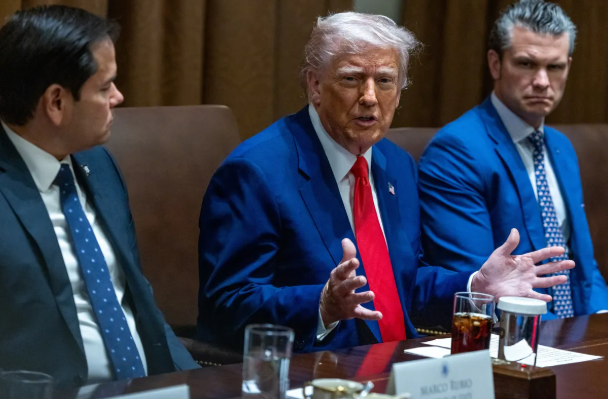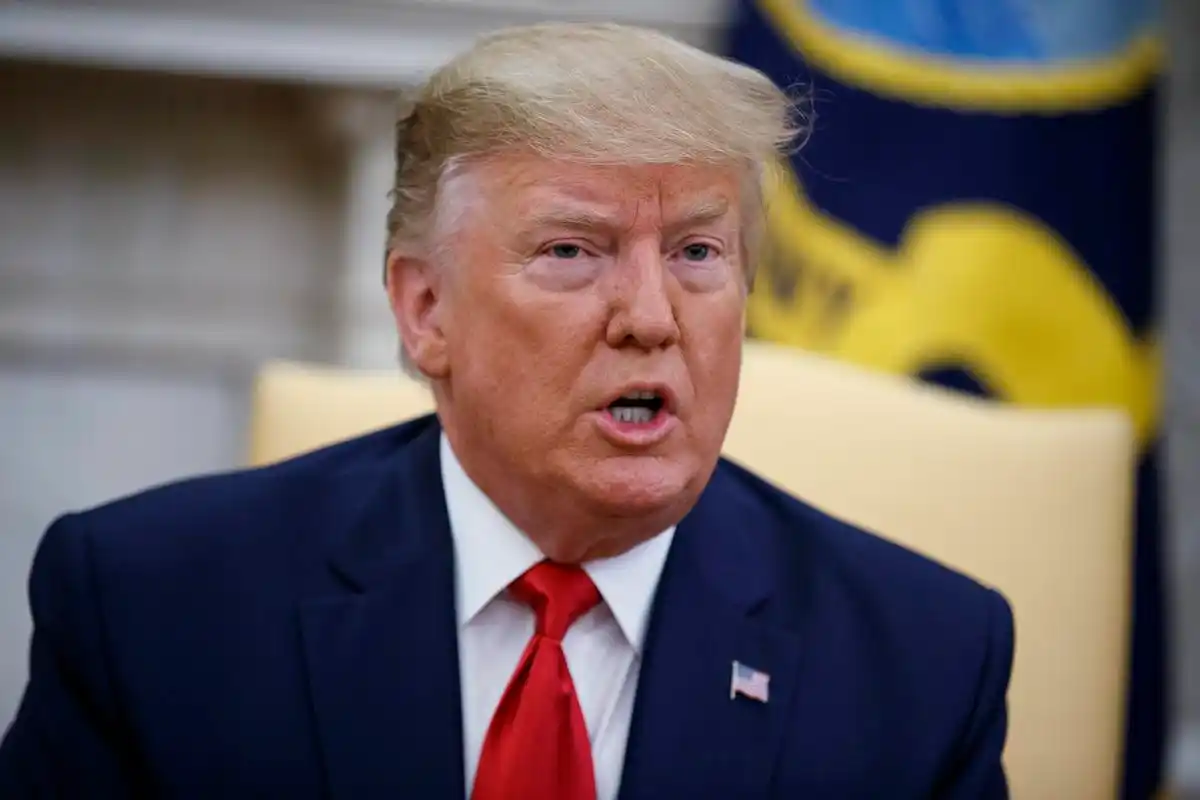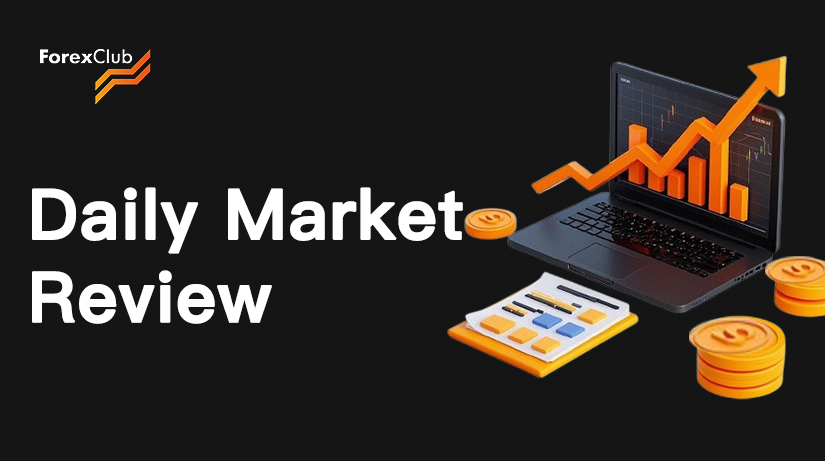President Donald Trump’s administration has advanced plans to impose tariffs on imports of semiconductors and medicines by launching a trade investigation led by the Commerce Department.
These measures were announced in the Federal Register on Monday and are a prelude to the imposition of tariffs and could expand the president’s all-out trade war with the United States.
The U.S. Department of Commerce said in two registration notices that it has begun to investigate the impact on U.S. national security of “imported semiconductors and semiconductor manufacturing equipment” as well as “pharmaceuticals and drug ingredients, including finished drugs”.
The investigation was launched on April 1 and ordered under Section 232 of the Trade Expansion Act. It could last for several months. According to the law, the Commerce Secretary is expected to release the investigation results within 270 days, but Trump and other officials have hinted that the investigation might be concluded sooner.
For a long time, the US president has been denouncing foreign-made drugs and chips as posing a threat to national security and threatening to impose tariffs on imported products to revitalize the manufacturing of these products in the US. However, these tariffs may also cause serious disruptions to the supply chain and increase the costs for Americans.

The new tariffs are likely to deal a heavy blow to the chip industry. This industry has global semiconductor sales of over 600 billion US dollars, and these products are crucial to a wide range of products such as automobiles, aircraft, mobile phones and consumer electronics. Currently, the supply chain is still under the impact of the COVID-19 pandemic, and the US tariffs may bring new pressure to the supply chain.
Just days before the US government made this announcement, it had just lifted the 145% tariffs on imported semiconductors, mobile phones, computers and other electronic products from China. This statement was seen as a positive move for tech giants like Apple and Nvidia, but Trump and his advisers soon indicated that this tax cut would not last long and that chips would be taxed separately.
The Ministry of Commerce’s investigation into semiconductors is extensive, assessing the imports of both traditional and cutting-edge chips required for artificial intelligence applications. According to government notifications, the investigation will cover all semiconductors and their manufacturing equipment, as well as the imports of electronic products containing these components.
Imposing tariffs on the semiconductor industry could affect numerous companies that export billions of dollars worth of microprocessors and related products to the United States each year. If Trump follows through on his threat of import tariffs, foreign advanced chipmakers, including Taiwan Semiconductor Manufacturing Company and South Korea’s SK Hynix, may be forced to raise prices or accept lower profit margins.
These measures could also make Trump’s vision of expanding domestic semiconductor production face higher costs, especially when the chip manufacturing equipment imported from companies like ASML Holding NV is hit by tariffs. ASML, headquartered in the Netherlands, is a leading supplier of advanced lithography machines, which are used to produce the smallest computer chips for artificial intelligence and other sensitive applications.
Separate drug investigations will review all imported drugs (including generic and non-generic drugs) and their manufacturing raw materials. Investigators will also look into the import situation of key drug raw materials. The public can submit their opinions on these two investigations within the next 21 days.
Tariffs will also hit the world’s largest drugmakers, including Merck and Eli Lilly, which operate dozens of manufacturing plants around the world.
Alex Schriver, a spokesperson for the Pharmaceutical Research and Manufacturers of America (PhRMA) trade group, said in a statement that the pharmaceutical industry agrees with Trump’s goal of promoting U.S. manufacturing. He said the industry will cooperate with the government throughout the process, but added that “pharmaceuticals have historically been excluded from tariffs because they could lead to cost increases and shortages of life-saving drugs.”
Before the potential tariffs take effect, pharmaceutical companies are competing to announce large-scale investments in the United States. Recently, Swiss drugmaker Novartis said it plans to invest 23 billion US dollars in the United States over the next five years. Previously, Eli Lilly, Merck and Johnson & Johnson have also made commitments.
But experts warn that this may not mitigate the impact of tariffs.
In a report to clients before the announcement, David Risinger, an analyst at Leerink Partners, said: “We believe there is no quick fix for the affected companies. Re-registering manufacturing sites will take years and be costly.”
Pharmaceutical manufacturers will face a choice: either bear the potential cost of tariffs or raise the prices of drugs in a market that is already the most expensive in the world.
“I think that brand manufacturers raising prices here would pose a significant political risk,” said Marta Wosińska, a senior fellow at the Brookings Institution’s Center for Health Policy. “I do believe that people would be reluctant to accept price hikes.”
Dave Ricks, the CEO of Eli Lilly, said that due to some controls on drug prices, tariffs might eventually hurt the profits of drugmakers and lead them to scale back their research efforts.
“We have to bear the cost of tariffs and make trade-offs within our own company,” Ricks told the BBC recently. “Typically, that will mean job cuts or reduced spending on research and development, and I expect R&D to be the first to go. It’s a disappointing outcome.”
Trump has long complained that US drugmakers rely too much on overseas production. Now he has broken decades of tradition. For years, the pharmaceutical industry has steered clear of trade wars, protected by international agreements that largely shield medicines from tariffs on humanitarian grounds.


